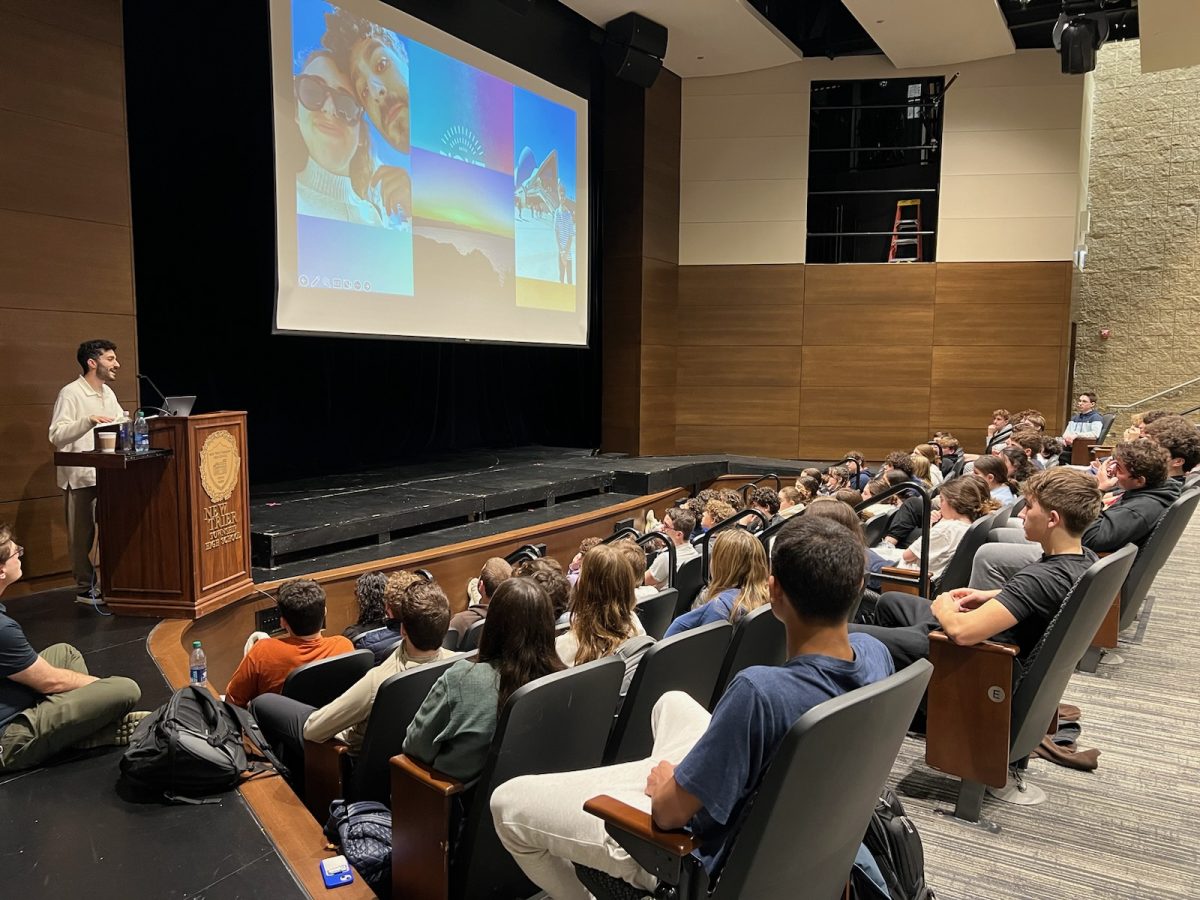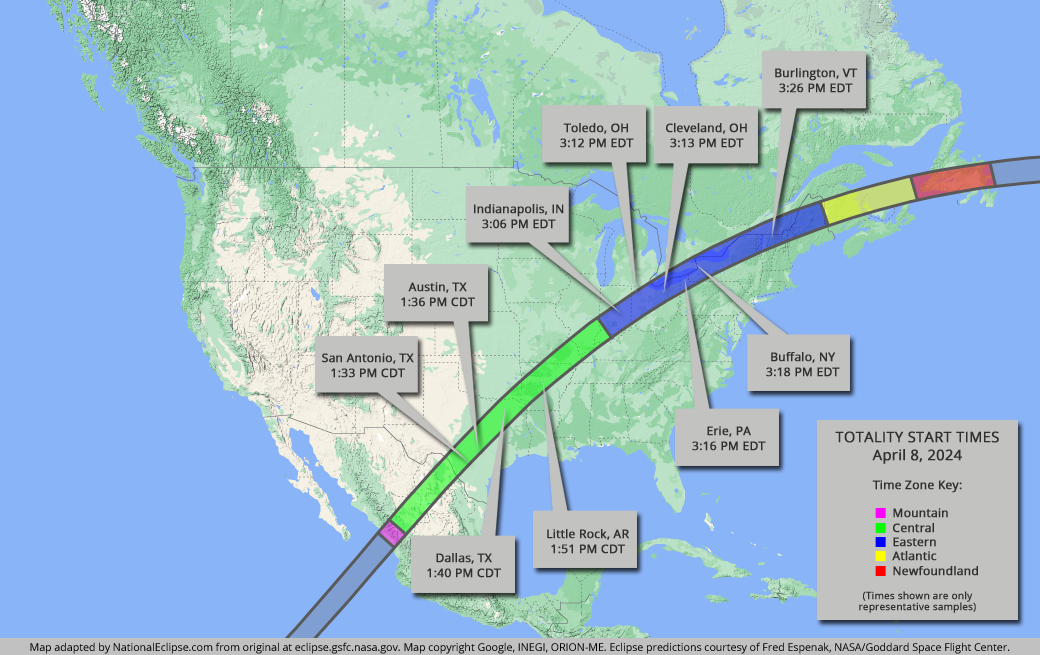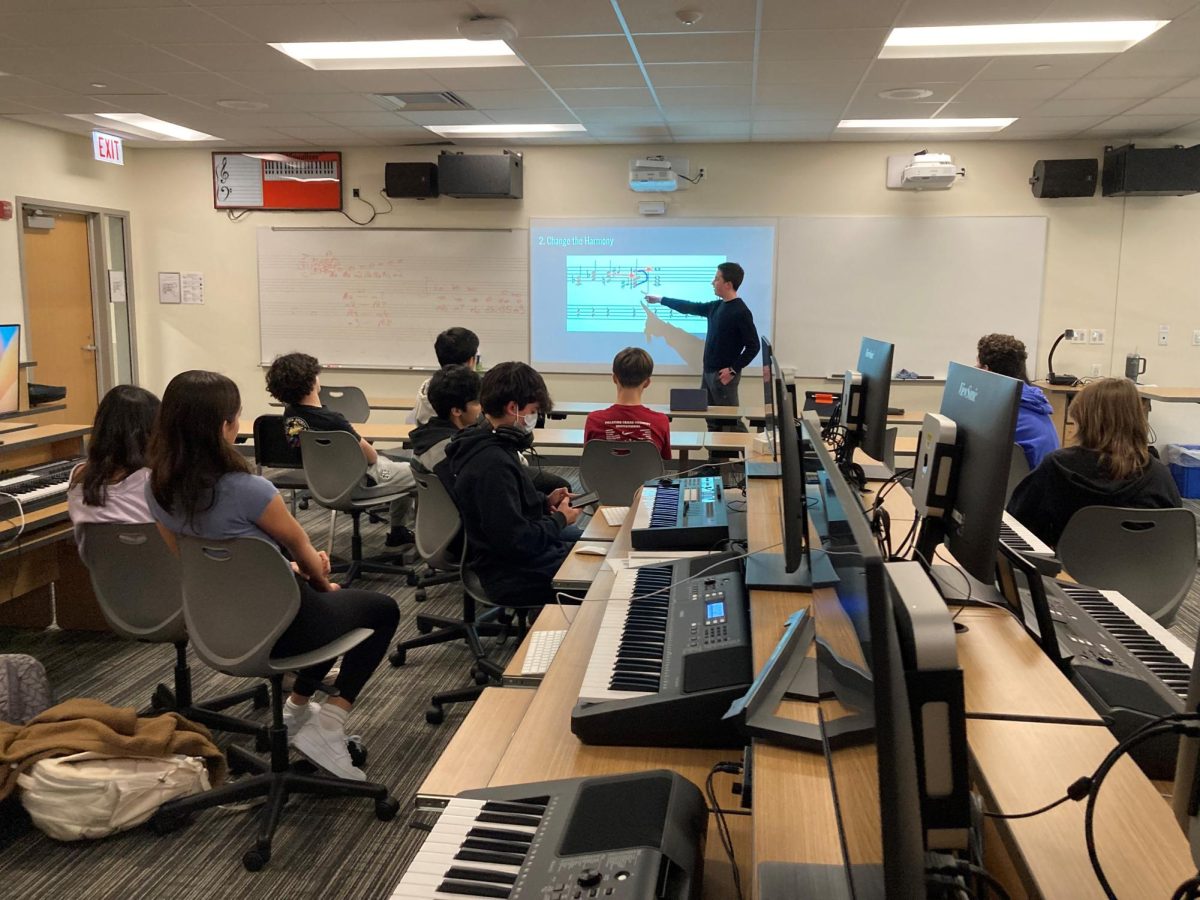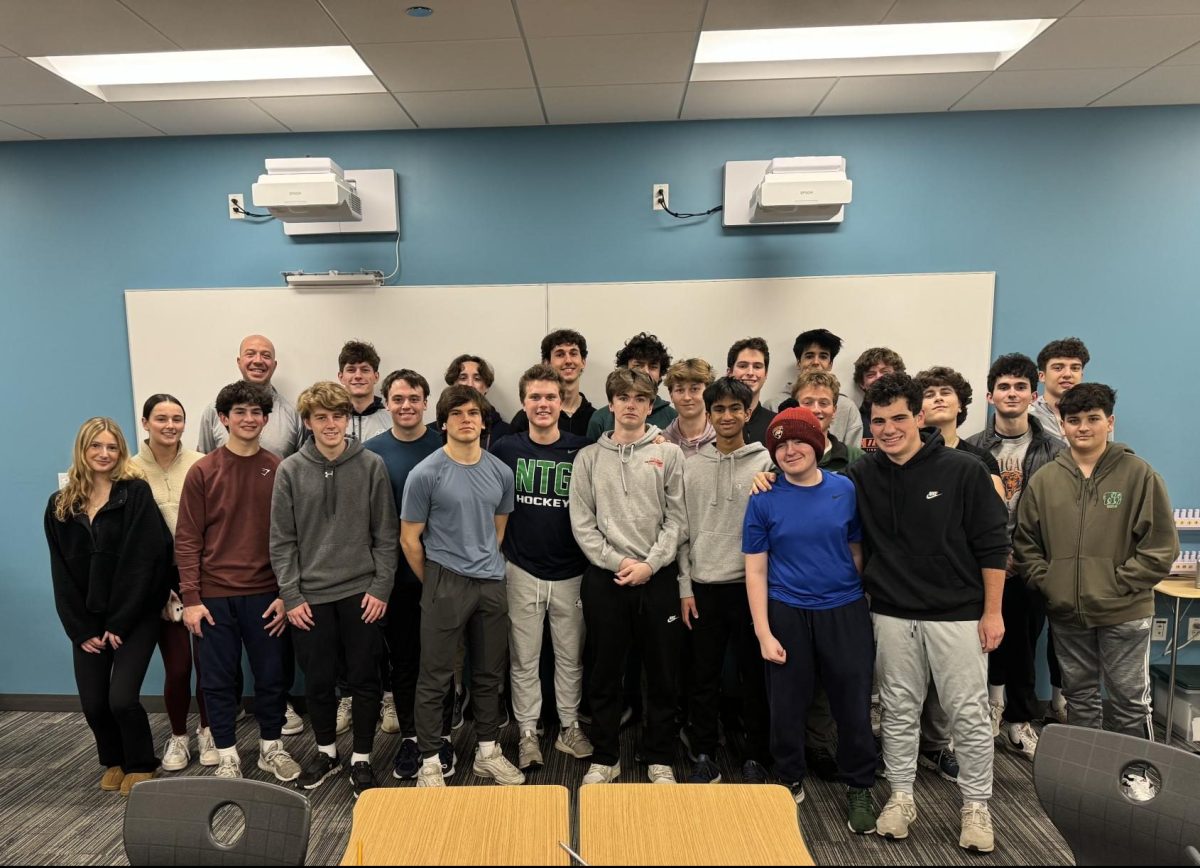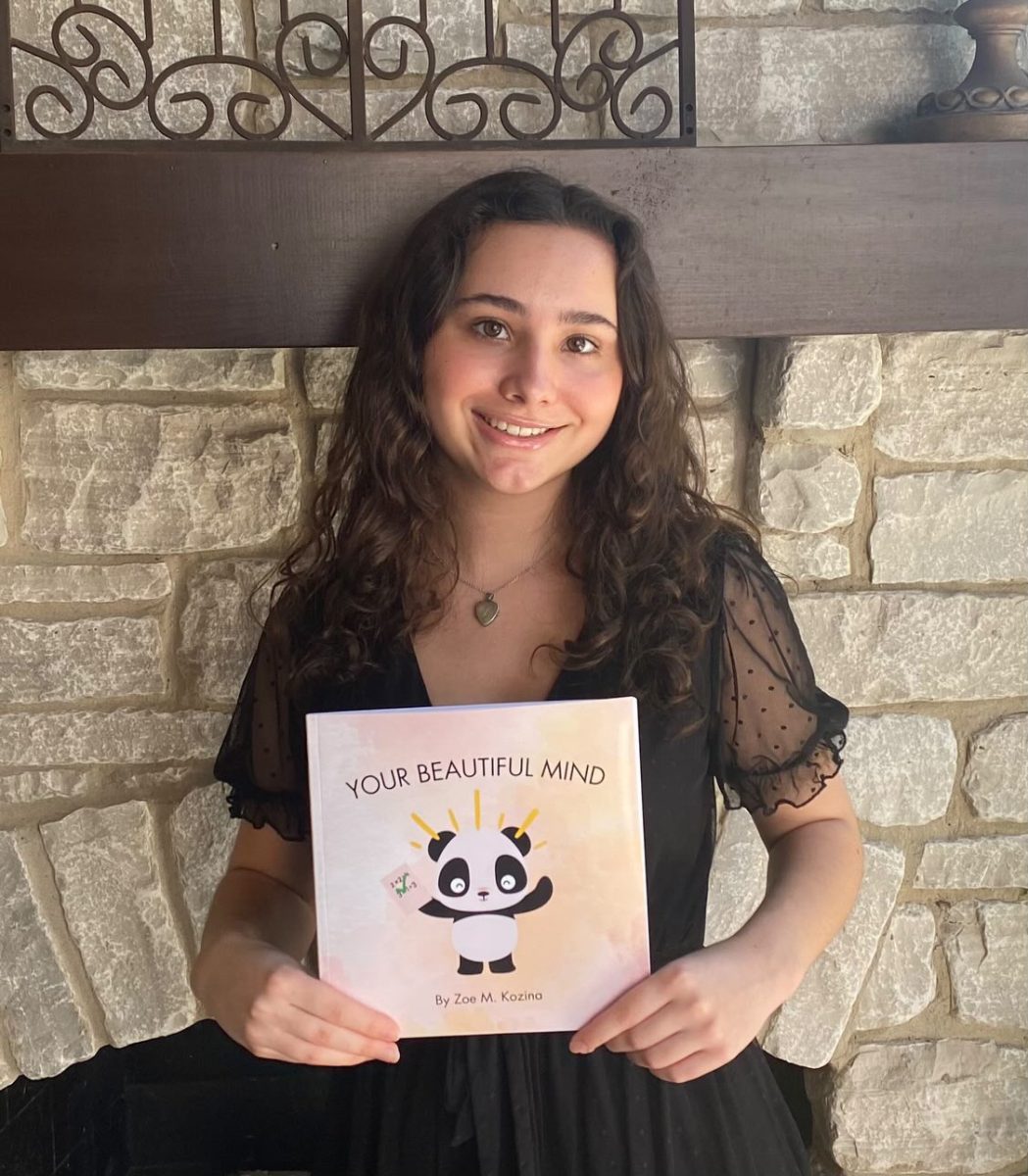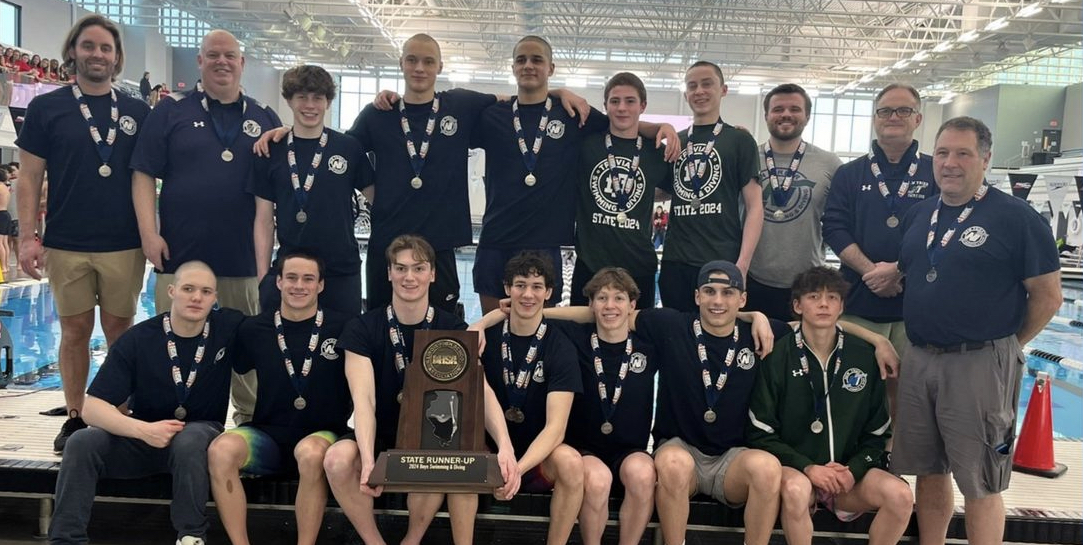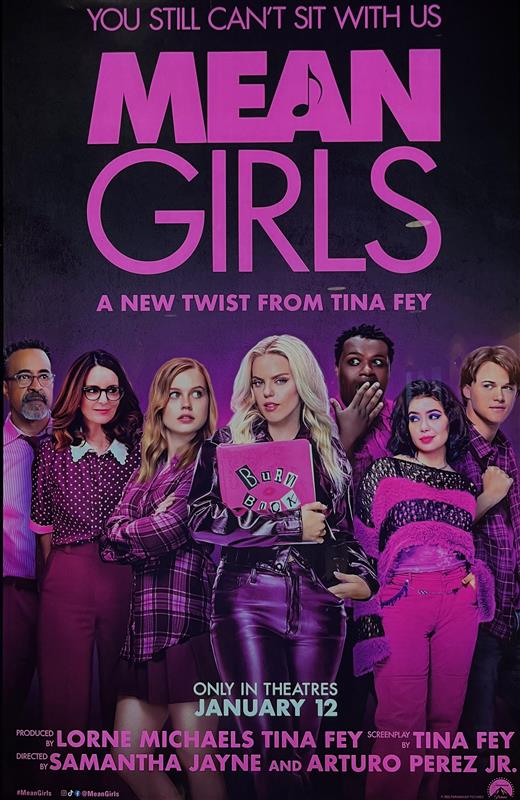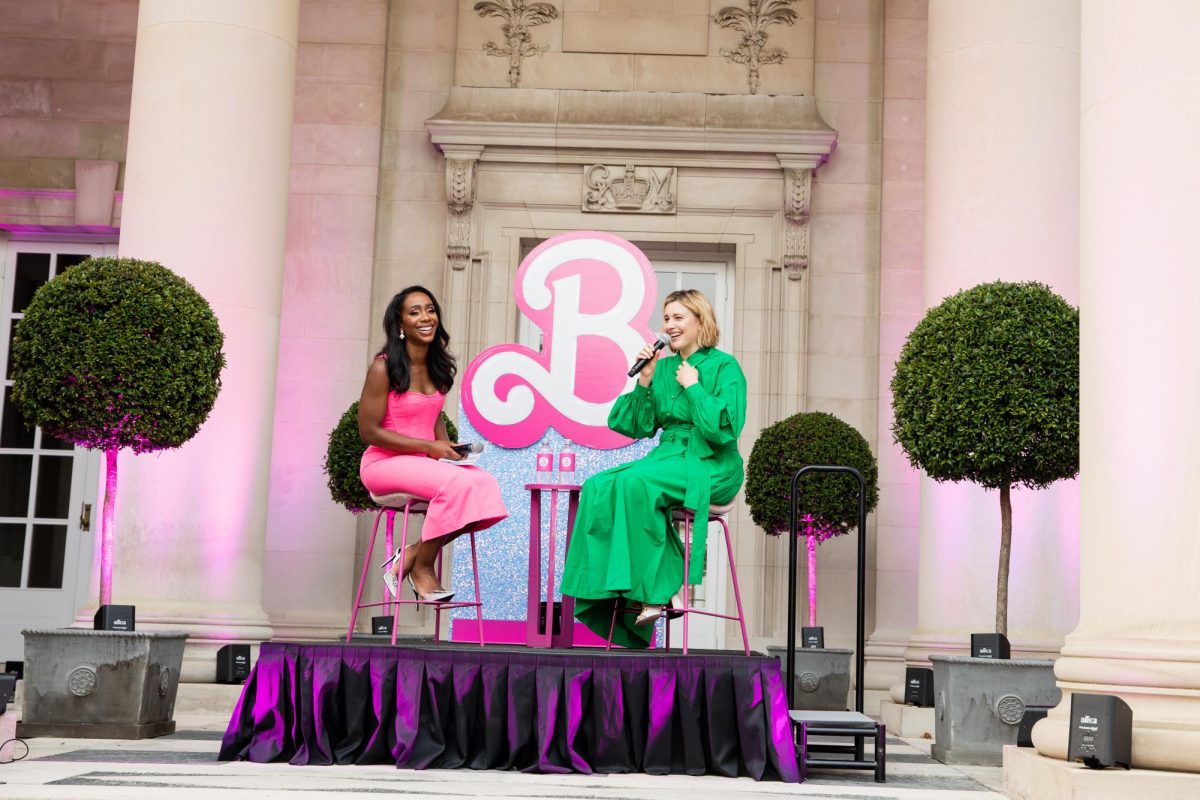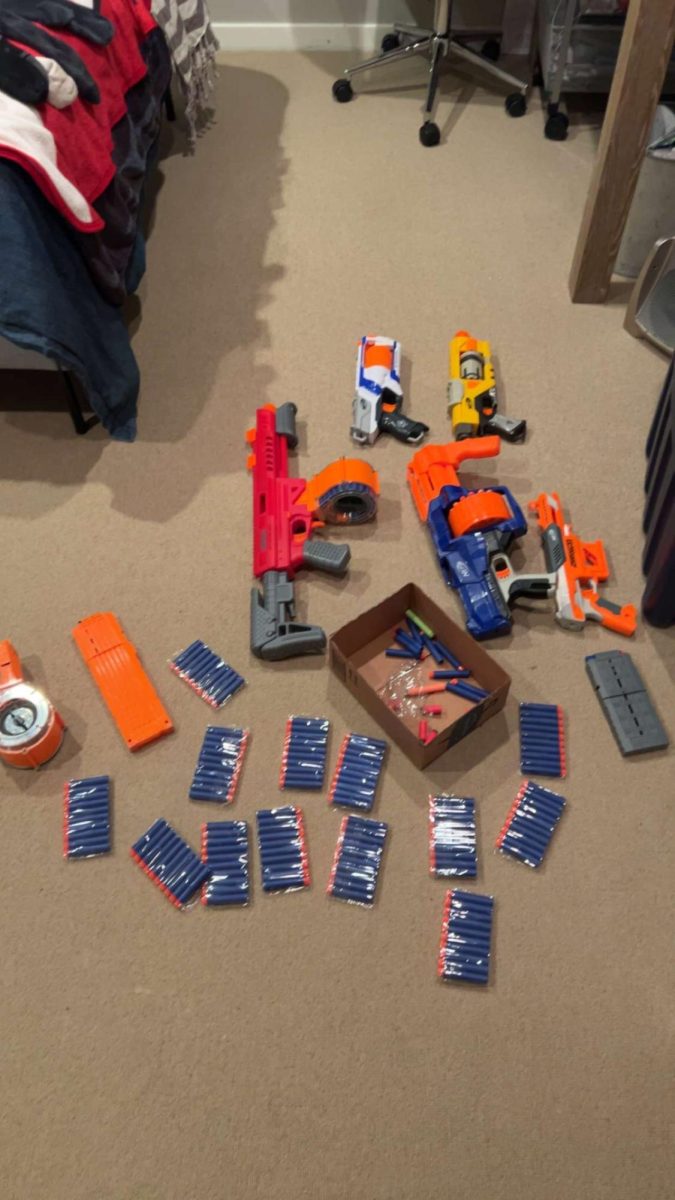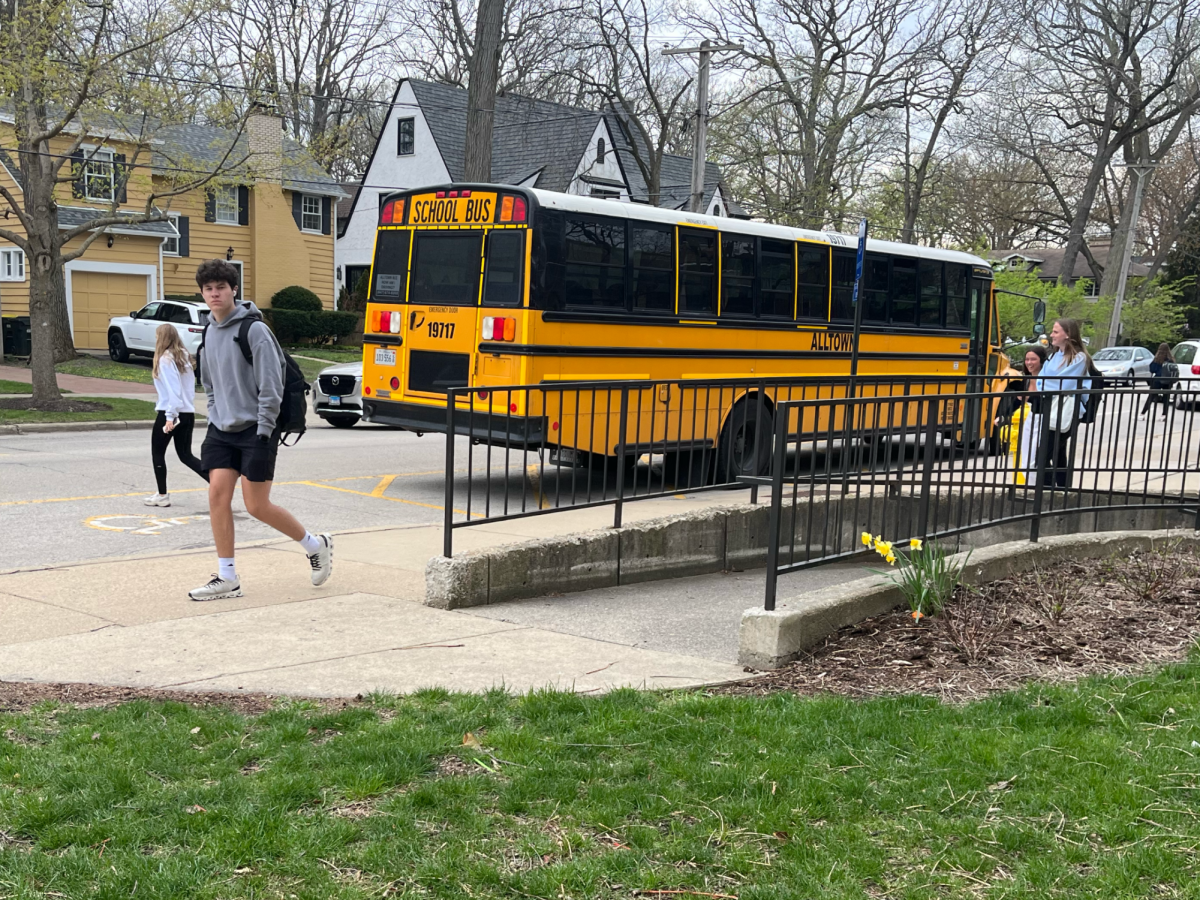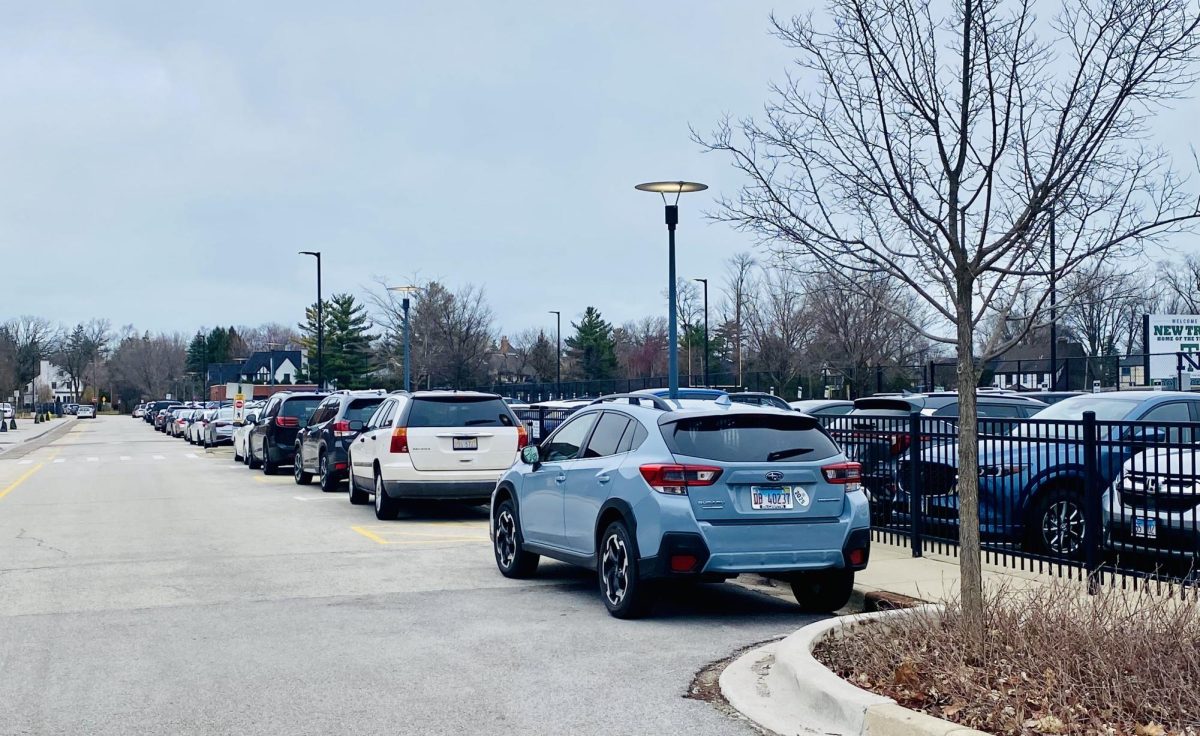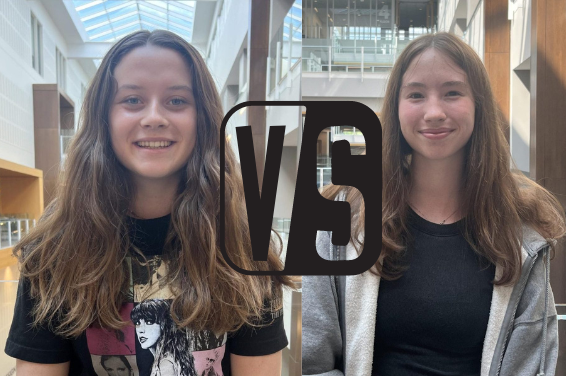On Nov. 19 the nation’s eyes were on the St. Louis County Grand Jury, as they decided not to indict police officer Darren Wilson in the fatal shooting of 18-year-old Michael Brown.
The grand jury, made up of nine white jurors and three black jurors, had been meeting on the case since Aug. 20.
The jury was assembled to determine if there was enough evidence to indict Wilson of criminal charges relating to the death of Brown. The grand jury listened to witness’s testimonies and a statement from Wilson himself in order to decide if there was probable cause to justify an arrest and criminal charges.
The grand jury decision was based upon probable cause unlike beyond a reasonable doubt, which is the standard which applies in a criminal trial. Their verdict was reached months after Brown was initially shot and killed after an altercation between Brown and Wilson.
After the grand jury’s decision was announced stating that no charges would be given to Wilson, protests broke in major cities throughout the country including Chicago, New York, Los Angeles and Seattle.
University and high school students expressed their disappointment with the grand jury’s decision with moments of silence in honor of Brown.
Before the protest started, Ferguson prepared for the worst: schools closed, the national guard was called, and stores were boarded up in anticipation of violence.
According to the New York Times, St Louis County police chief Jon Belmar stated, “As soon as Mr. McCulloch [St. Louis County Prosecutor] announced the verdict, the officers started taking rocks and batteries.”
Houses and cars throughout Ferguson were burned, stores were looted and gun shots could be heard ringing through the streets. Belmar said The New York Times article that no gun shots were shot from weapons belonging to Ferguson law enforcement.
“We are profoundly disappointed that the killer of our child will not face the consequences of his actions,” said the Brown family in reaction to the grand jury’s decision. Despite this statement, they asked for peaceful protests to remember their son.
St. Louis County prosecutor Robert P. McCulloch retold the steps of the incident that were presented to the grand jury involving Brown and Wilson at the press conference announcing the grand jury’s verdict.
McCulloch explained police officers do have a right to use lethal force if they truly believe their life is in critical danger. The grand jury’s job is to determine if Wilson’s life was in danger. Wilson’s account of the altercation states that he feared for his life and told investigators that he was pinned in his vehicle and physically assaulted by Brown.
However, some witness statements about the altercation are contradicting. One witness, according to the New York Times, was Michael T. Brady. Brady stated, “I can’t say whether he was punching the officer or whatever. But something was going on in the window, and it didn’t look right.”
Another witness, Piaget Crenshaw, whose statement was published in the New York Times, said that Brown was “trying to flee.” Another witness, Tiffany Mitchell, stated “Michael was pulling off and the cop was trying to pull him in.”
Though Wilson was not charged by the grand jury, the family of Michael Brown is looking into other legal measures in order to hold Wilson responsible.
The family’s lawyer, Benjamin Crump, stated to the New York Times “They didn’t trust this prosecutor. They are going to try to see if they can do something to get some positive change of this because they understand this system needs to change.”
Protests for Brown are popping up across the nation. President Obama took notice of the events happening at Ferguson making a public statement saying, “We have made enormous progress in race relations over the course of the past several decades. But what is also true is that there are still problems, and communities of color aren’t just making these problems up.”
However, the problems of mass protests is not only an issue in the Ferguson. Ever since the death of 44 year old Staten Islander Eric Garner, Americans have been outraged at the use of alleged excessive force by police.
Garner, who was approached by officer Justin Damico, exclaimed “Don’t touch me.” Soon thereafter officer Daniel Pantaleo got Garner in a choke hold and forced his head into the pavement as Garner repeatedly said “I can’t breathe.”
Eventually an ambulance arrived on the scene in which Garner suffered cardiac arrest on his way to Richmond University Medical Center. After a bystander’s video of Garner’s death surfaced, protests erupted around the country, including in downtown Chicago and NBA players like LeBron James wearing shirts that read “I can’t breathe.”



